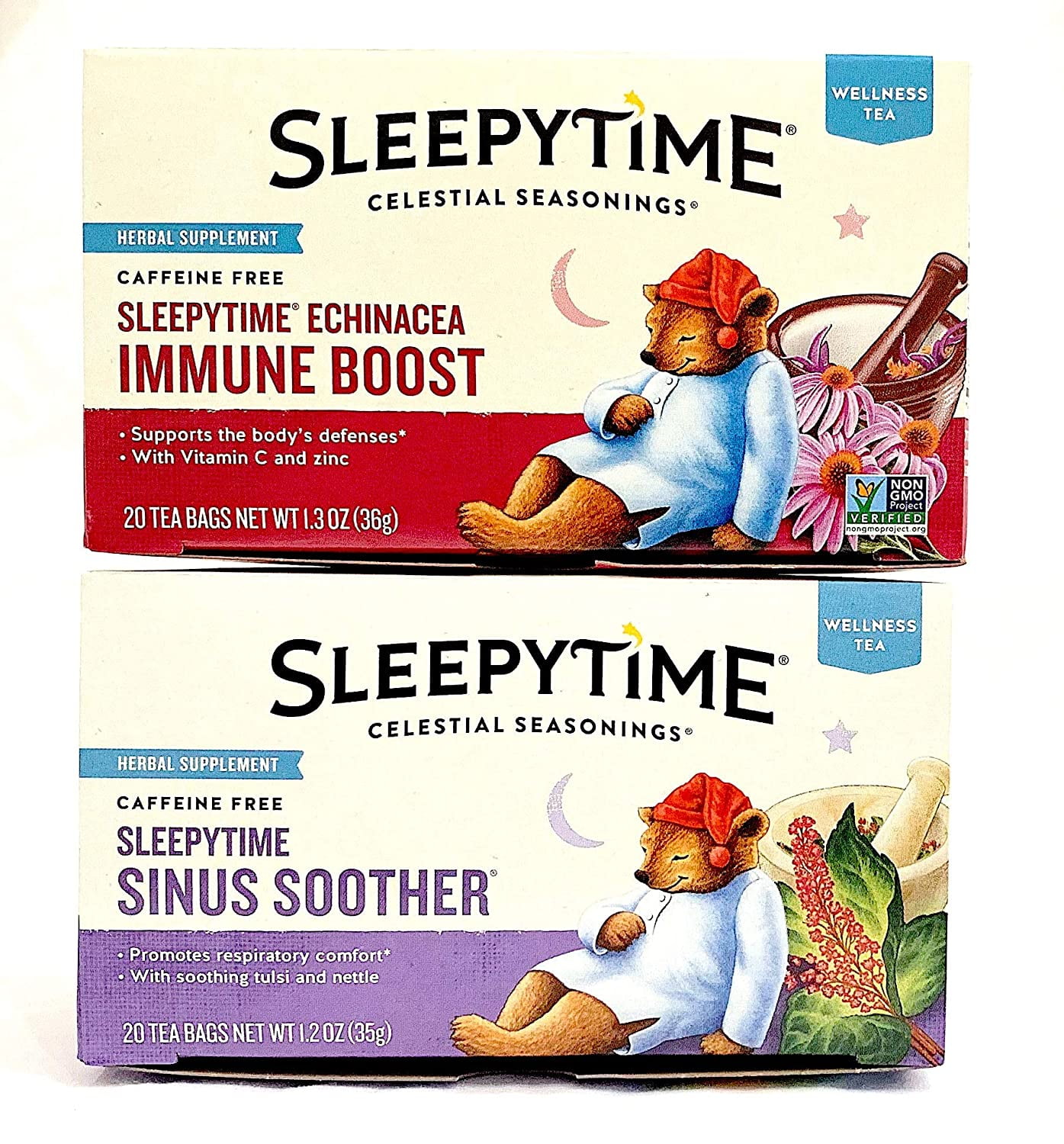


Providers who are aware of a patient’s use of supplements can help them check for interactions, and any reactions should be reported to the US Food and Drug Administration’s MedWatch program and Poison Control.īreuner also gave an overview of the most popular herbs and supplements, as well as those that should not be used. Supplements can’t claim to cure or prevent disease and also don’t have to be manufactured according to any standards, she says, putting users at risk of receiving contaminated products or experiencing interactions. The use of herbs and other natural products is the most popular use of CAM in children, Breuner says, cautioning that herbal products can go on the market with no testing of efficacy or proof that the products are safe. Also, CAM users often used other prescription medications, according to the presentation. Complementary and alternative medicine (CAM) was most often used in adolescents in the West, Northeast, or Midwest in children of parents with a college education and who use CAM themselves. These were most often used for managing back or neck pain, other musculoskeletal conditions, head or chest colds, anxiety or stress, attention-deficit hyperactivity disorder (ADHD), and insomnia or trouble sleeping, she says. “Hopefully from this talk, attendees gained an understanding of not only the number of supplements patients and families use but also about safety regulations regarding making sure the products are not contaminated and consistently packaged with standard dosing,” Breuner says.īreuner presented data from the 2012 National Health Interview Survey (NHIS) that showed the top herbs and supplements used in children were natural products such as fish oil, melatonin, and probiotics. “About 12% of families use herbs and supplements for their children and that number rises over 50% in those children with chronic illness,” she says. More and more parents are using herbal medications to manage their children’s health conditions, but which ones are safe and how are they used?Ĭora Collette Breuner, MD, MPH, FAAP, professor of Pediatrics and Adolescent Medicine and adjunct professor of Orthopedics and Sports Medicine at Seattle Children’s Hospital and the University of Washington, Seattle, presented trends on herbal medications in children and uses and guidelines for some of the most popular herbs at the session “Top 10 herbs: Are they safe in kids?” at the American Academy of Pediatrics (AAP) 2017 National Conference and Exhibition on September 17.īreuner says pediatricians have to be aware of which herbs and supplements parents are giving their children.


 0 kommentar(er)
0 kommentar(er)
